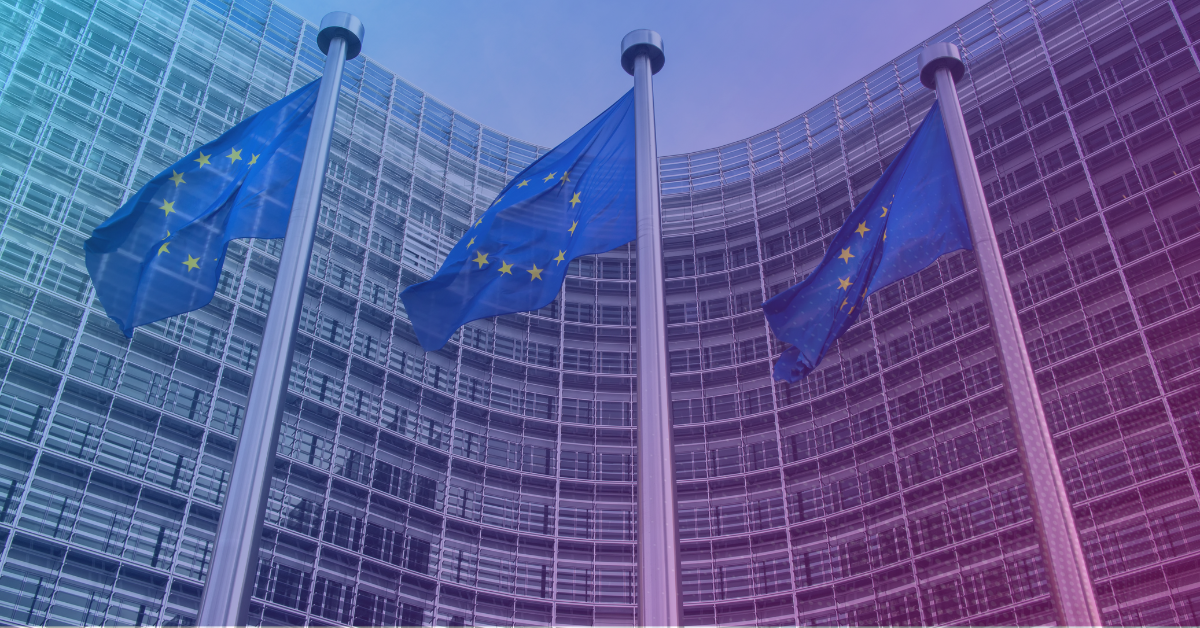The importance of why registers exchange information
Practical information sharing across international registers requires a coordinated effort between countries and organisations. In the years of the global pandemic, the need for better digital services, interoperability across government systems, and data sharing has never been more apparent. Registers are fundamentally changing the way they operate and in their provision of more customer-centric public services. In their efforts to transform, registers have sought, and indeed been forced to seek, interoperability with other registers and data sources to fully automate their processes, leverage common information stored in base registers, improve decision-making through data analytics and create innovative new business services for their stakeholders.
A common misunderstanding outside of the registry domain is that the size of the register, in terms of the number of registered entities or the number of transactions, dictates its complexity. The complexity of a register is never increased by the number of transactions it provides, explained in great depth in our recent white paper, Interoperability and Data Exchange Between Registries.
The Beneficial Ownership Registers Interconnection System ('BORIS'), a regulation introduced into the European Union in 2021, is a tool to connect the national central registers holding beneficial ownership information of corporate and other legal entities, trusts, and other legal arrangements. All EU (European Union) countries have many bilateral exchange agreements on various register data. (EU Directive on the Interconnection of Business Registers). Resulting in Europe as the most formalised sharing arena.
Indeed, a recent European court decision has underlined that only an official extract from the register will be accepted by European courts and that AML (Anti Money Laundering) processes relying on 'aggregators' has no legal precedence and are not the source of truth.
Exchanging information between other registers and government bodies
It is essential to understand why registers exchange information and assess how they historically have done so before we put forward any recommendations that will afford the best method of implementing interoperability between registers. International registers provide a centralised platform for collecting, storing, and disseminating information from different countries and regions. This information can also include data on clinical trials, endangered species, nuclear materials, and many other topics. Sharing information across international registers enables policymakers, researchers, and other stakeholders to access critical information and make informed decisions based on the latest data.
It requires developing common data standards and formats and establishing secure data exchange mechanisms or best practices. It also requires the cooperation of different stakeholders, including governments, non-governmental organisations, and private companies.
Factors affecting best practice:
External register entity dependencies – dependencies on other registration authorities or peer organisations referenced at the registered entity level. Parent and child relationships between registered entities within a jurisdiction or across borders can exist. This demands a formalised exchange between the parent and child registers, e.g., the 11th Company Law Directive on Branches in the EU.
Trade Agreements/Cooperation – Such agreements streamline the processes for transactions between the parties to the arrangements. This requires information exchange between the respective peers of both parties.
Principle of canonical registers – registers should only store the data required under their respective legislative frameworks. If the data exists elsewhere, it is incumbent on the register to interrogate that data source. E.g., a Business Register should validate the tax number of a legal entity with its respective tax authority.
Demand for customer-centric services – Registers in recent times and particularly post-COVID, have seen the need for the services exposed to their customer to be designed to be customer-centric. This means fulfilling a transaction without referring a customer to another agency.
Joined Up Government – this slogan from the UK in the 1980s became the banner call for Governments worldwide in the domain of registers, traditionally silos of government data, promoting such initiatives demand information exchange between registers. In the European Union, 'The Once Only Principle' (TOOP) project seeks to use a federated architecture on a cross-border collaborative pan-European scale to identify drivers and barriers to provide a basis for future implementations and broader use.
Identity Validation/ Identity Federation – modern registers will rely increasingly on identity validation services for natural persons entered on their registers. Identity validation means that registers must interrogate and rely on external validation services from their peers and other organisations to cover as vast an arena as possible of identities. Accepting the identities validated by or accredited by peer organisations and other federated organisations will mean implementing a means of information exchange between these organisations.
Other examples of international registers include BIFIDEX (Business and Financial Data Exchange), which is the service delivery platform of the Southeast Europe Regional Business Registry Portal (https://www.bifidex.com/en/home), and within Canada, the Multi-jurisdictional Registry Access Service (MRAS) which allows participating registries in Canada to connect.
Summing up
For governments, the collaborative exchange of data between international registers is crucial to delivering their core promises to constituents. This sharing of information, and the knock-on effect on ease of doing business, can fuel their economies and enable growth. Such cooperation is pivotal for informed decision-making supporting fraud prevention through enhanced detection and mitigation strategies. And to aid anti-money laundering measures through cross-border tracing of illicit activities, helping to dismantle financial crime networks. Lastly, these connected services make things easy and efficient for consumers and businesses.
Information sharing across international registers empowers nations to tackle global issues more proficiently, paving the way for a safer, more prosperous future for the generations to come.
For further information on Foster Moore and their registry solution Verne ®, visit http://www.fostermoore.com.
Martin Riegel, CEO Foster Moore.
